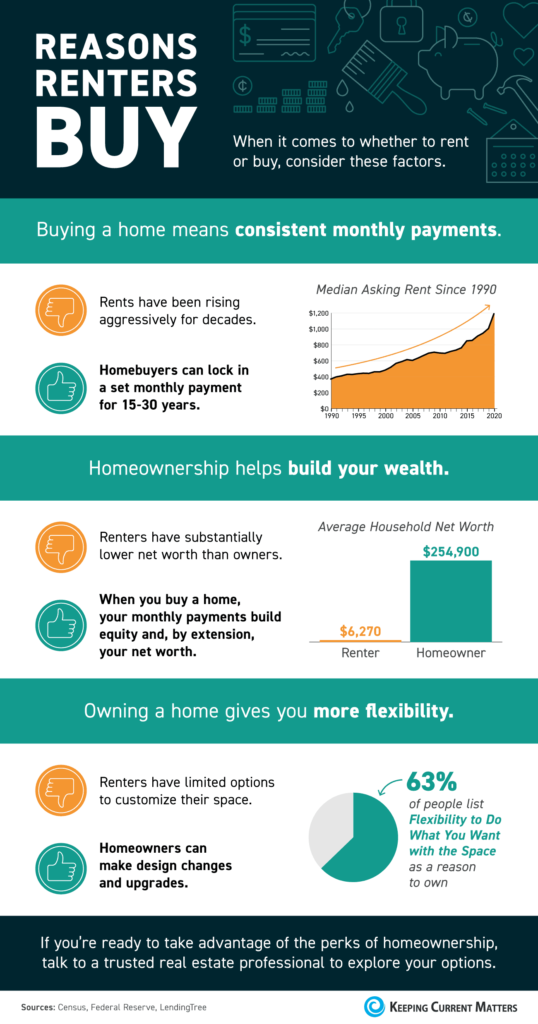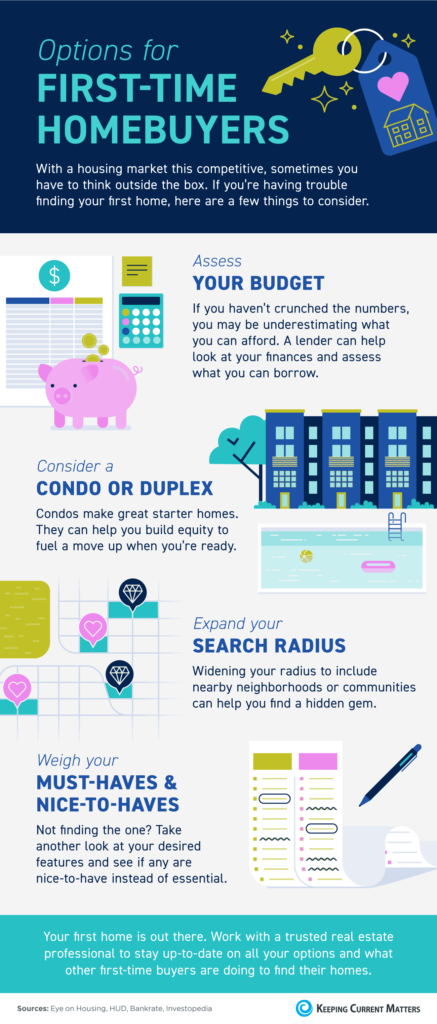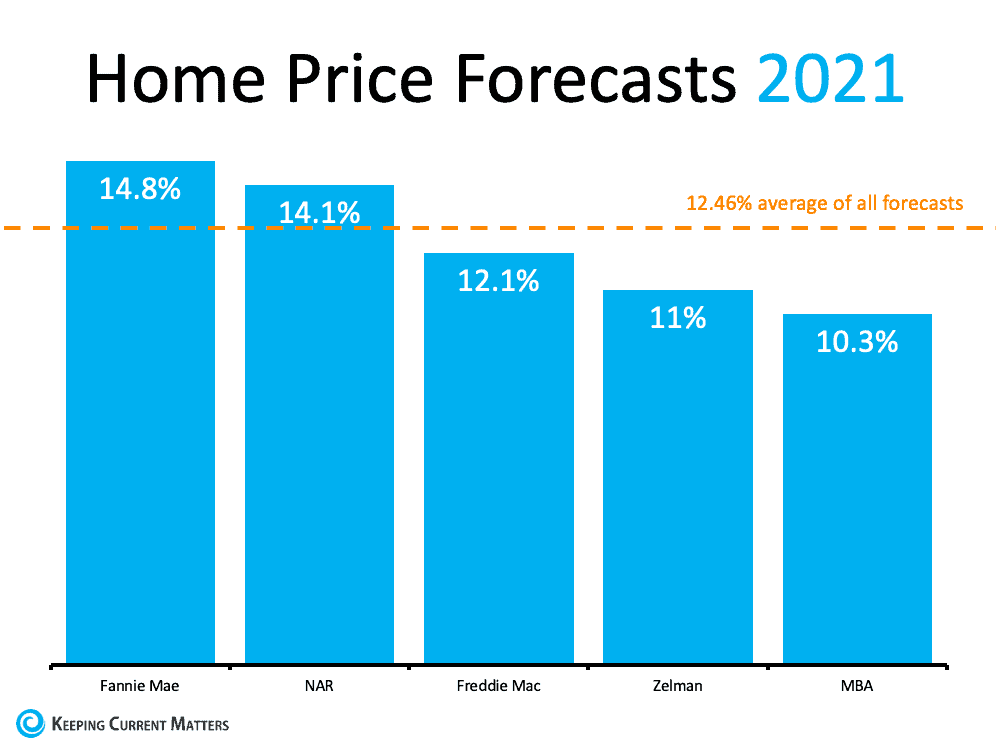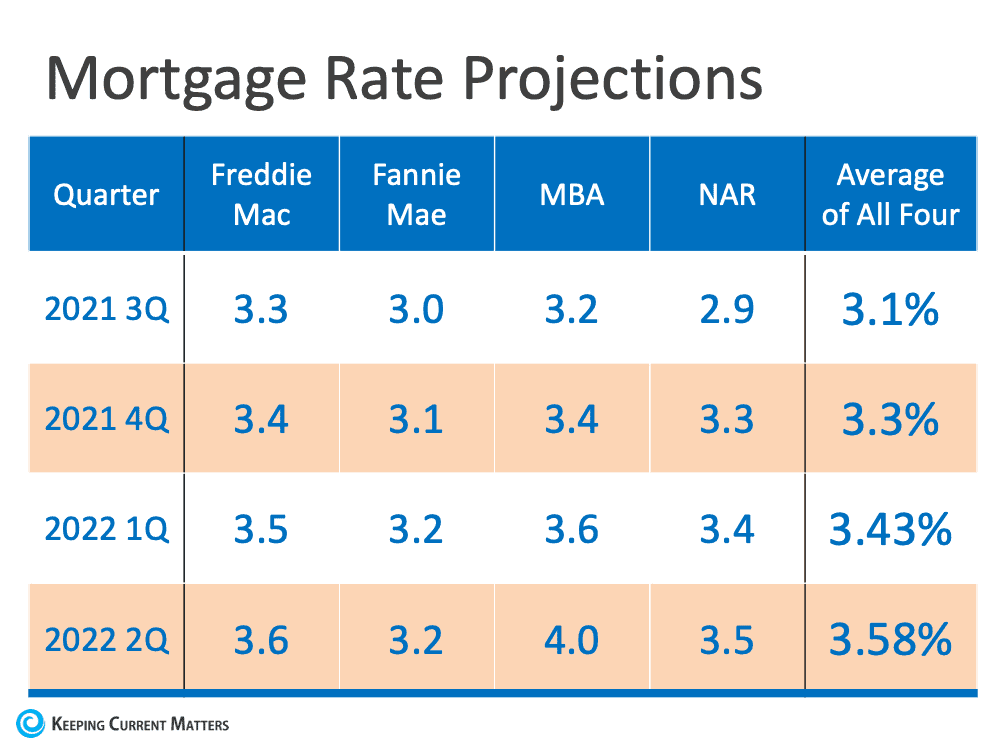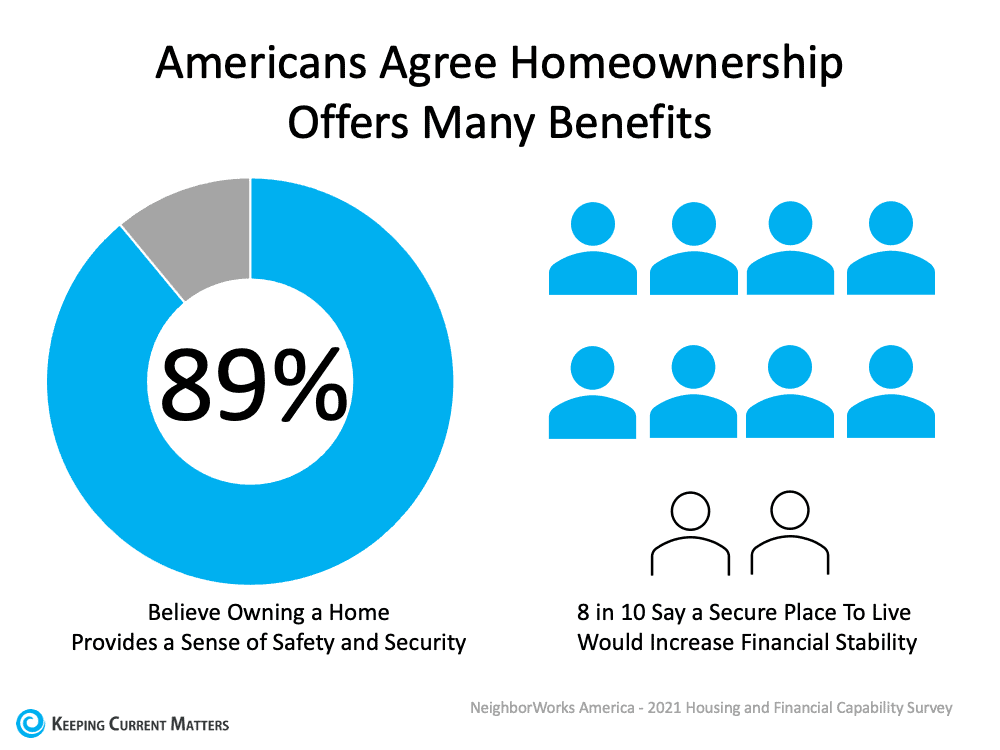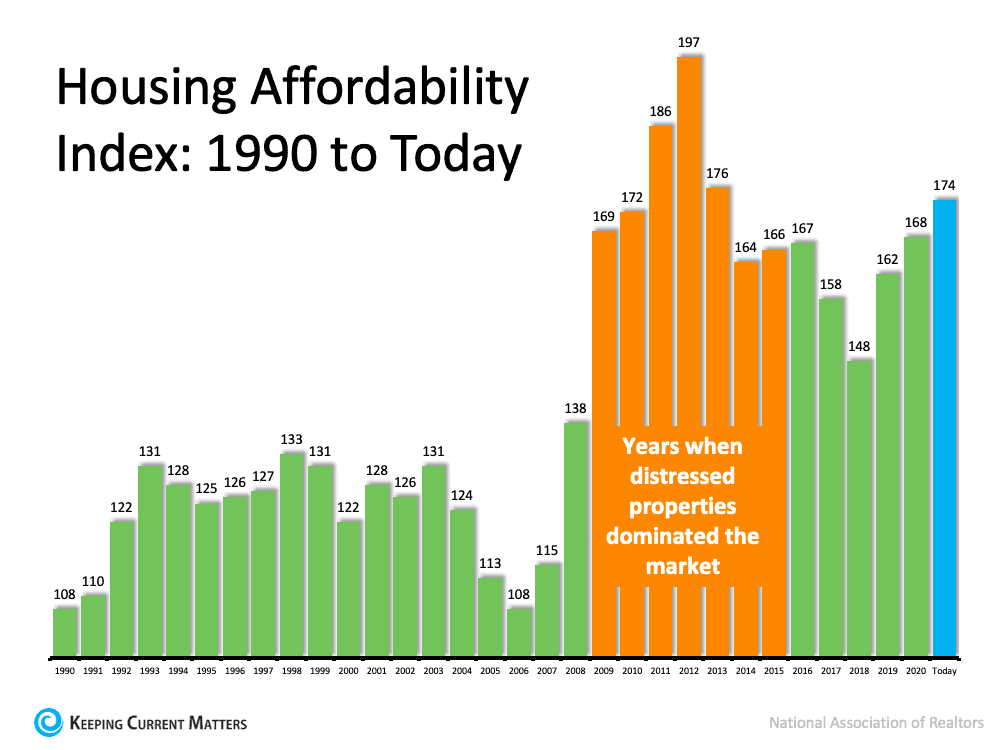
The game of chess can provide incredible lessons to apply to all aspects of life, including the homebuying process. Chess requires you to plan and think about your strategy from the very beginning of the game.
The homebuying process, like chess, requires strategy and planning. Here are a few things to keep in mind to ensure your plan is as strong as possible when you begin your home search.
Pre-Approval: the Best Opening Play To Make as a Homebuyer
It’s important to have a great opening play when you’re buying a home. And the best move you can make when you begin your home search is getting pre-approved by a lender. You’ve probably already heard this is an important step, but what exactly is pre-approval and what benefits does it provide you?
As Freddie Mac puts it:
“The pre-approval letter from your lender tells you the maximum amount you are qualified to borrow. Getting a pre-approval letter is not a loan guarantee, it simply states how much your lender is willing to lend you. . . .”
And while determining how much you can afford at the start of your search is critical, the pre-approval letter also serves another important purpose. Freddie Mac also notes:
“This pre-approval allows you to look for a home with greater confidence and demonstrates to the seller that you are a serious buyer.”
In the game of chess, a strong opening move signals to your opponent that you’re a serious competitor. As a homebuyer, your pre-approval letter signals to the seller that you’re a serious, interested buyer.
Homebuying: It’s a Team Game, Not a Single-Player Experience
Every step you take to create your strategy as a buyer is important in today’s market. Why? Mortgage rates are still low, but increasing. Prices are going up. There’s a limited supply of homes for sale. These are just a few key variables in today’s market you need to be prepared for.
That means leaning on expert guidance as you plan every move is more important than ever. Have a team of professionals – like your trusted real estate agent and a loan officer – every step of the way to make sure you make the right moves.
Bottom Line
Getting a pre-approval letter isn’t just good strategy, it can be game-changing.
It allows you to get a full understanding of what you can afford, and it signals to sellers that you’re serious.
Connect with a trusted real estate advisor today to ensure you’re playing chess and being strategic during the home buying process.


